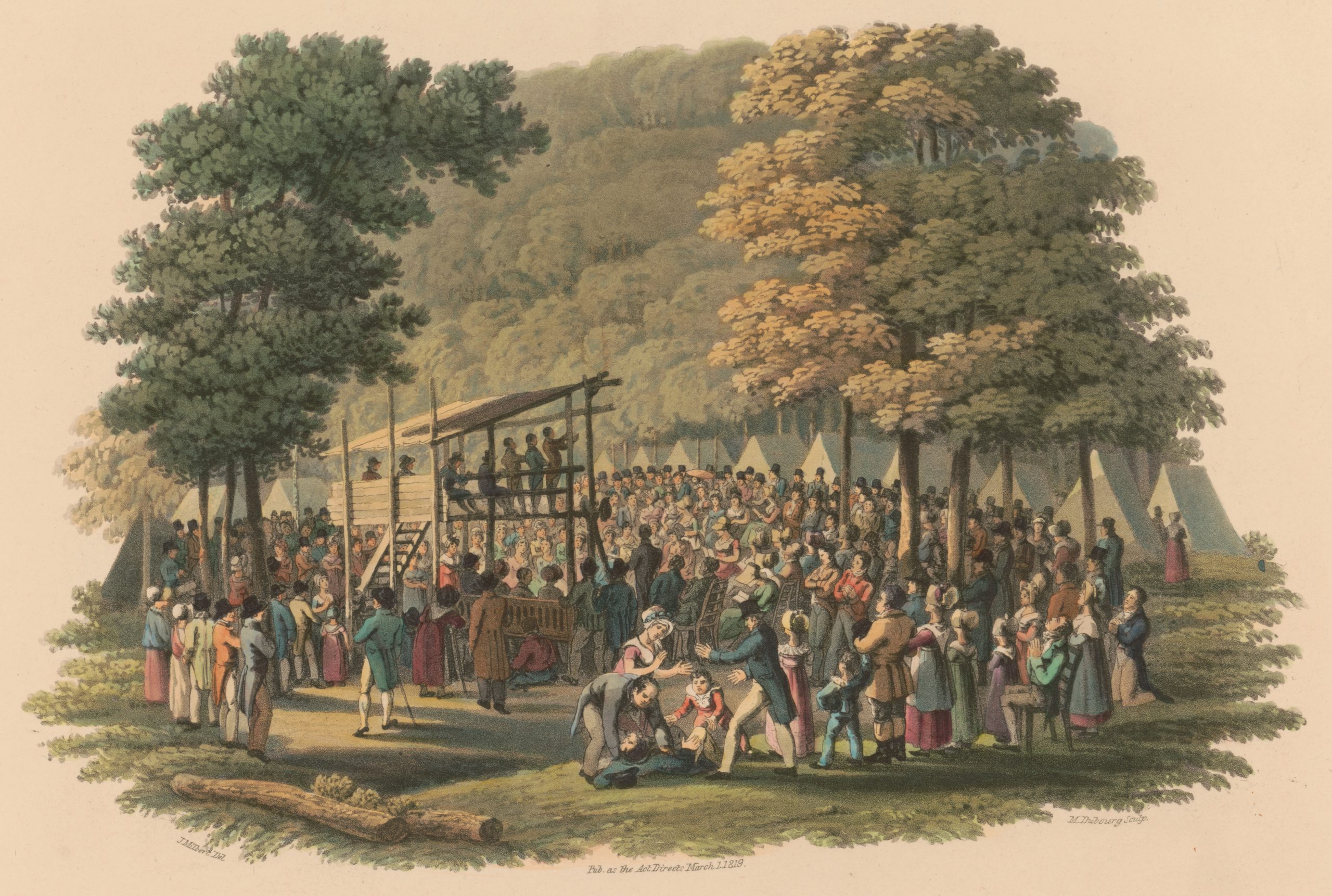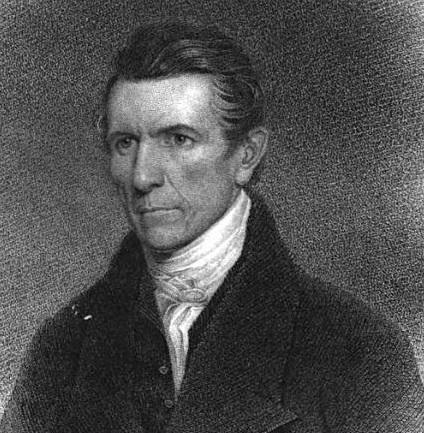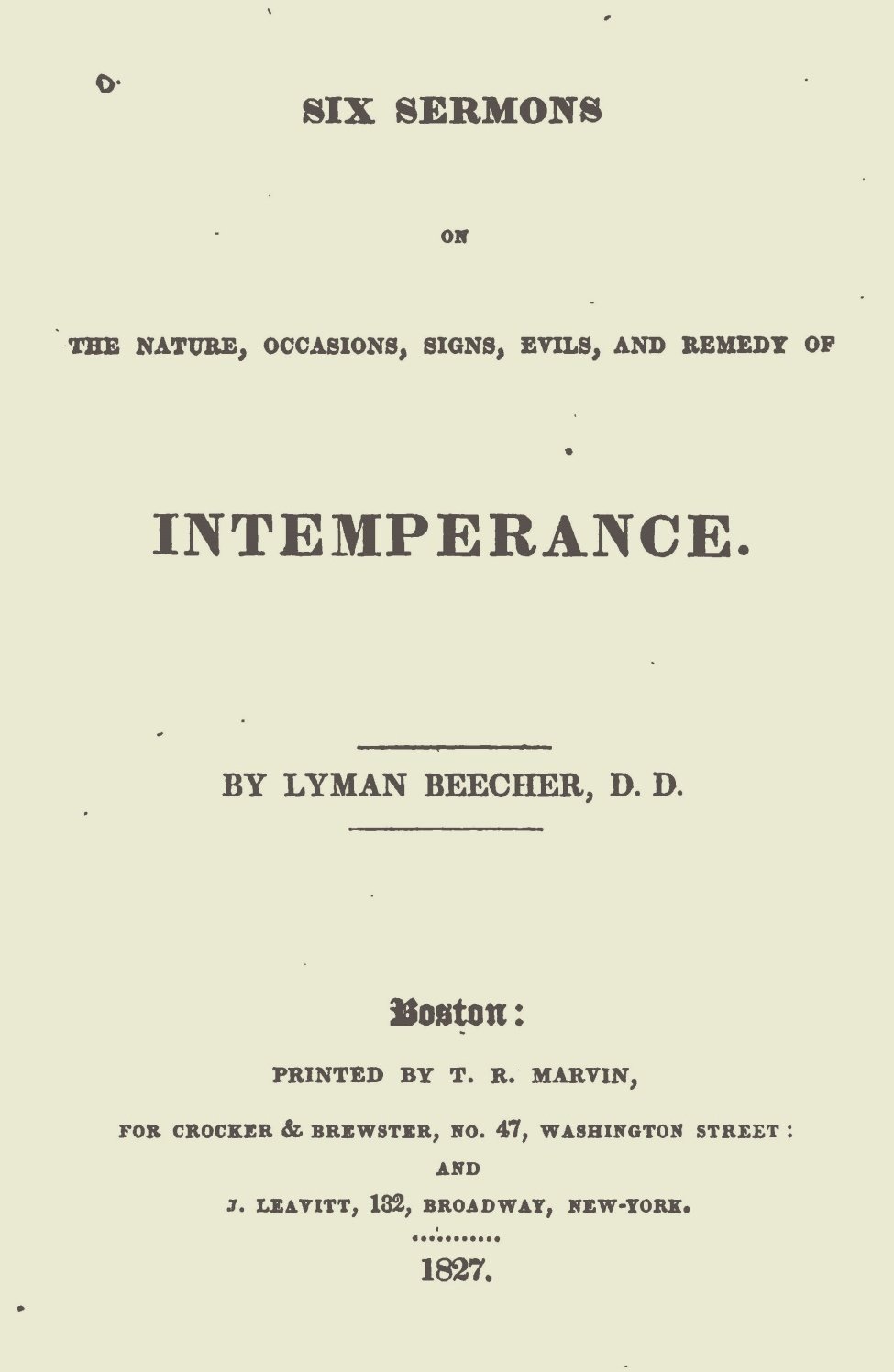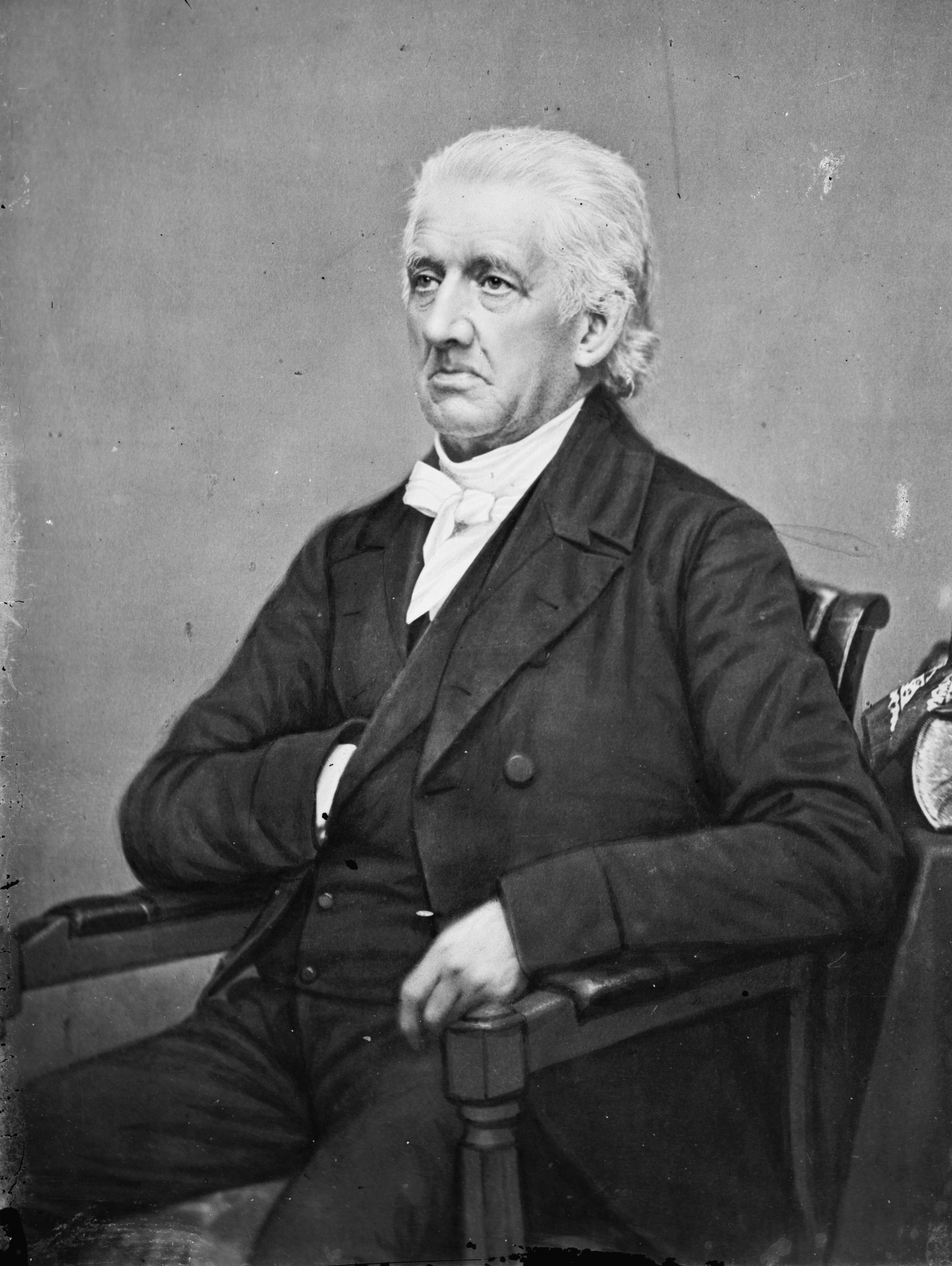The origin of the temperance movement is in preachers such as Ebenezer Porter and Lyman Beecher who responded to the problems caused by alcohol by preaching temperance. Coupled with the relatively recent Second Great Awakening that swept through America, these teachings reached many people. Porter preached moderation, only ardent spirits were off limits. This was common for the time. By the time Lyman Beecher gave his Six Sermons on the Nature, Occasions, Signs, Evils, and Remedy of Intemperance, the idea of total abstinence was gaining popularity.


In 1811, Ebenezer Porter wrote a sermon titled “The fatal effects of ardent spirits”. This predates the popularity of the temperance movement and shows how the movement developed in its earliest stages: through sermons and churches in general. In his sermon, Ebenezer Porter used Isaiah 5:11, “Wo unto them that rise up early in the morning, that they may follow strong drink; that continue until night, till mine inflame them” as the central passage to his sermon, which describes intemperance as a sin. He argued that the text does not define any specific degree of intemperance to be a sin because any intemperance is sinful because it ruins “health, estate, character, body and soul”. Porter references Mark 5:9 when he wrote that intemperance’s “proper ‘name is legion.’ It deserves not apology, but reprobation.” This reference is not very straightforward and Porter seems to have chosen an arbitrary Bible verse to make the point that intemperance should be condemned. To support his argument about how intemperance ruins industry, he quoted Exodus 20:9, and 2 Thessalonians 3:12 to explain why the idleness that comes with drinking is sinful. He also quoted Proverbs 23:21, Proverbs 28:19, and Ecclesiastes 10:18, linking poverty with intemperance. In his sermon, Porter used a multitude of sources which included physicians, drunkards, and Plutarch but relied mainly on the Bible.

In 1826, Reverend Lyman Beecher wrote his Six Sermons on the Nature, Occasions, Signs, Evils, and Remedy of Intemperance. This document popularized the temperance movement, inspired the Women’s Christian Temperance Movement, which inspired Wayne Wheeler’s Anti-Saloon League: the organization that eventually got the 18th Amendment passed. In these six sermons, Beecher often cited the Bible. Sermon I: “The Nature and Occasions of Intemperance” used Proverbs 23:29-35 and Isaiah 5:22 as proof that intemperance is a sin. Sermon II: “The Signs of Intemperance” again used Proverbs 23:29-35 along with Matthew 6:13, and 2 Kings 4:38-41 to persuade his parish to give up alcohol. In Sermon III: “The Evils of Intemperance”, Beecher used Habakkuk 2:9-11, and Ecclesiastes 8:13 to again argue that intemperance is evil. In Sermon IV: one of the two sermons titled “The Remedy of Intemperance”, the Bible is not quoted once, but in Sermon V: “The Remedy of Intemperance”, he wrote that intemperance violates Matthew 22:39: “Thou shalt love thy neighbor as thyself”. In Sermon V, he also used Habbakuk 2:9-11, Habbakuk 2:15-16, and Matthew 15:28 to support the arguments he made in Sermon IV and V: while legislation limiting or banning alcohol would be ideal, it is not possible without widespread support. This support can be slowly gained through education, moral persuasion, societal support, religious influence, and moral influence. These ideas were what the WCTU practiced when doing work relating to alcohol. Sermon VI: “The Remedy of Intemperance” is mostly a continuation of Sermon IV and V, and uses Romans 14:17, James 4:17, Isaiah 58:1, Genesis 2:17, Colossians 2:21, Matthew 5:30, and Mark 8:36 to continue the arguments of the previous two Sermons. In the Six Sermons on Intemperance, Beecher compared intemperance to slavery in terms of moral evil which was an incredibly progressive analogy considering slavery was legal in the United States until 1863.

The efforts of these men and many like them were incredibly sucessful: by 1834, the American Temperance Society had 7,000 groups with 1,250,000 members, and the amount of alcohol consumed in America decreased by half by 1850. A very large number of people quit drinking, which caused this shift. Those that still drank consumed a similar amount of alcohol as they did before. The biggest change was social: particularly in middle class small towns where employers wouldn’t hire people who drank, and it was generally not socially acceptable to drink alcohol.